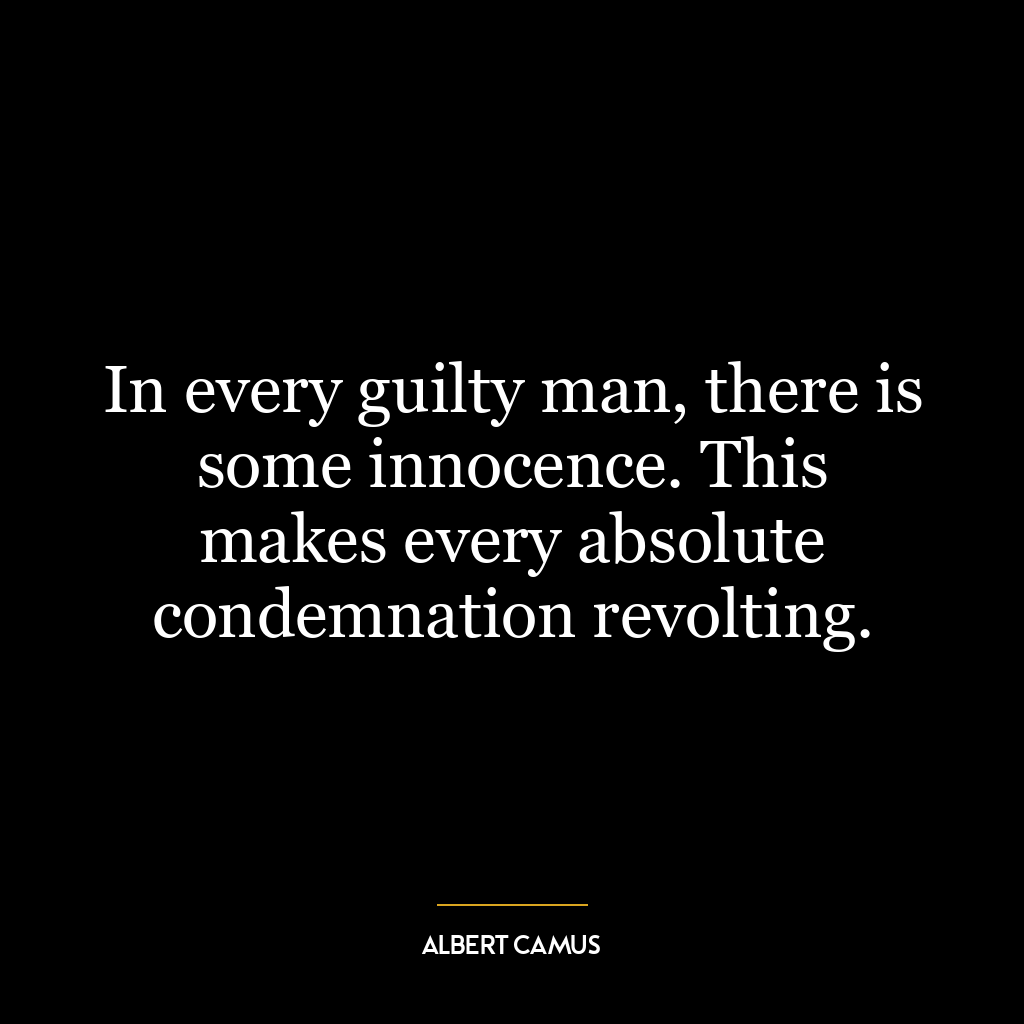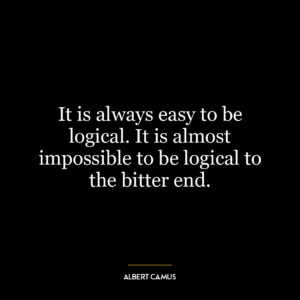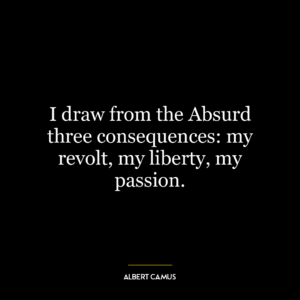In every guilty man, there is some innocence. This makes every absolute condemnation revolting.
This quote suggests that no person is entirely evil or entirely good, but rather a mixture of both. Even in those who are guilty of committing wrongs, there is still a trace of innocence. This is why the idea of absolute condemnation is distasteful because it fails to recognize the complexity of human nature and the potential for change and redemption.
The quote encourages a more compassionate and nuanced understanding of human behavior. It suggests that we should avoid quick, absolute judgments and instead consider the complexities and contradictions within each individual. This is not to excuse wrongdoing, but rather to acknowledge that people are more than their worst actions.
In today’s world, this idea can be applied in many areas, from the criminal justice system to personal relationships. For instance, in the criminal justice system, this perspective might argue for rehabilitation over harsh punishment, recognizing the potential for change in every individual. In personal relationships, it might mean offering forgiveness and understanding rather than holding onto anger and resentment.
In terms of personal development, this quote could inspire us to be more understanding and forgiving towards ourselves. Often, we are our own harshest critics, condemning ourselves for our mistakes and flaws. But recognizing that we, too, are a mixture of guilt and innocence can help us to be more compassionate towards ourselves, allowing for growth and change.















